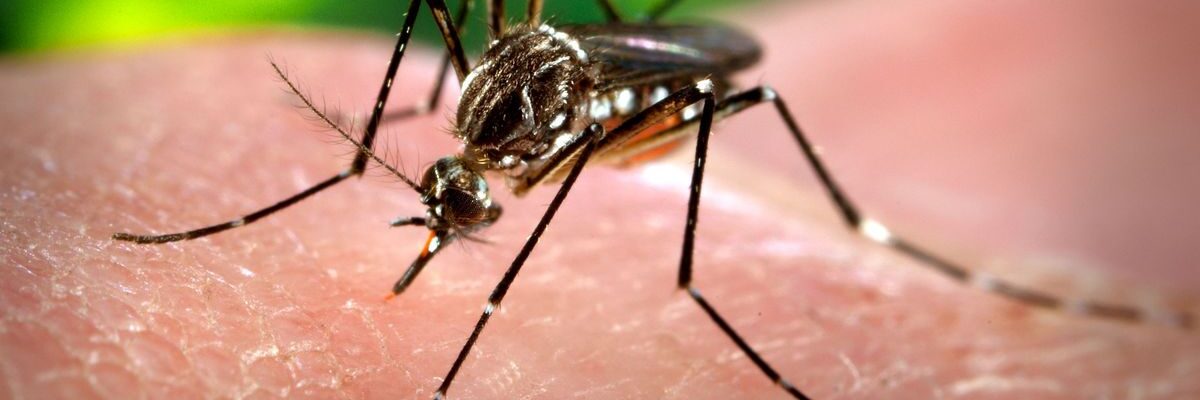Malaria is a mosquito-borne disease that often begins to manifest about a week after being bitten by an infected mosquito. The symptoms are not only distressing but also potentially life-threatening if left untreated. Malaria typically causes recurring episodes of fever accompanied by various other conditions. Below is a detailed overview of its symptoms:
Common Symptoms

- Moderate to Severe Muscle Chills.
Chills are often one of the first signs of malaria. These are caused by the parasite entering the bloodstream and triggering an immune response. The chills may range from mild shivers to intense muscle shaking that can last several hours. - High Fever.
Fever is a hallmark symptom of malaria and occurs in cyclical episodes, typically spiking at regular intervals. These fever spikes are a result of the parasites bursting from red blood cells in large numbers. - Intense Sweating.
Following a fever episode, heavy sweating often occurs as the body’s way of cooling down. This profuse sweating can lead to dehydration if fluid intake is not maintained.
Other Possible Symptoms
- Headaches.
Persistent headaches are common due to inflammation caused by the infection. These headaches may range from mild discomfort to debilitating pain. - Vomiting.
Many malaria patients experience nausea and vomiting, which may contribute to dehydration and loss of appetite. - Diarrhea.
While less common, diarrhea can occur, leading to further dehydration and loss of essential nutrients. - Fatigue.
As malaria parasites attack red blood cells, the body struggles to maintain energy levels, leaving the patient feeling constantly exhausted and weak. - Enlargement of the Spleen.
The spleen, an organ involved in filtering blood and fighting infection, may become swollen as it works overtime to combat the parasites. This can cause abdominal discomfort or a feeling of fullness. - Muscle Pain.
Muscle pain or soreness is another common symptom due to the body’s immune response to the infection and dehydration from fever episodes.
When Should You See a Doctor?
It is critical to seek medical attention immediately if you experience high, recurring fevers, especially if you have recently traveled to or live in an area with reported malaria cases. Early detection and treatment are vital to avoid severe complications, including damage to vital organs or even death.
Where to Seek Treatment
Facilities such as the Research Institute for Tropical Medicine (RITM) in the Philippines are highly specialized in diagnosing and treating tropical diseases, including malaria. They can provide accurate testing, effective treatments, and expert care to manage the disease.
If you suspect you have malaria, consult a healthcare professional without delay to ensure timely diagnosis and treatment. With proper medical intervention, malaria can be effectively managed, preventing its progression to severe or fatal stages.


